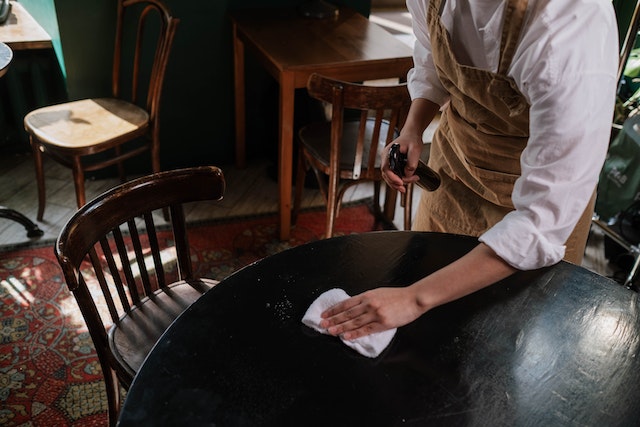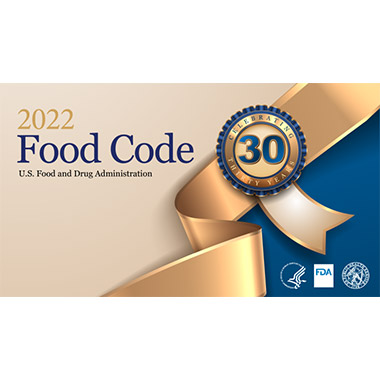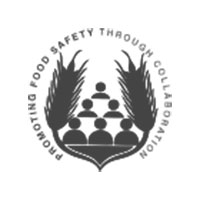

Steve Min, Executive Vice President of R&D and Quality Assurance at International Dairy Queen (IDQ) reflects on his career path and shares advice for young professionals who are interested in pursuing and/or expanding their careers in food safety.

Steve Min, Executive Vice President of R&D and Quality Assurance at International Dairy Queen (IDQ) reflects on his career path and shares advice for young professionals who are interested in pursuing and/or expanding their careers in food safety.

As the foodservice industry recovers from labor shortages, proper onboarding and tools to improve employee retention are a must. Following are strategies you can incorporate to enhance training to deliver an exceptional consumer and employee experience with your business.

“In 2022, the U.S. saw the largest number of norovirus outbreaks in more than 10 years. In 2023, we can expect even more norovirus infections will be circulating in our communities.”

Building on the popularity and success of its virtual events, Innovative Publishing is expanding its Food Safety Tech Hazards Series to include two in-person events coming this spring and fall.

The 2022 edition includes several changes, including new allergens and allergen labeling requirements, revising the definition of intact meat and addressing food donations.

The 2023 Biennial Conference for Food Protection (CFP) will take place on April 24-28, 2023. Stakeholders can submit issues for consideration now through January 23.

Two multistate Listeria outbreaks highlight the need for enhanced vigilance in retail food environments. Following are steps to take now to reduce the risk of contaminated food in your facility.

Dr. Al Baroudi, vice president of Food Safety and Quality Assurance of The Cheesecake Factory, and Christina Serino, senior director for Quality Assurance and Food Safety at P.F. Chang’s, have been recognized by the National Restaurant Association as outstanding leaders in food safety.

The FDA and CDC have signed a memorandum of understanding designed to help increase the consistency and capacity of retail food protection programs across the country, promote a general culture of food safety and facilitate continued communication between the FDA and CDC to assist state, tribal, local, territorial (SLTL) and industry partners.

The FDA advises consumers and retailers to not eat, sell or serve recalled Brie and Camembert soft cheese products from Old Europe Cheese, Inc. The products have been linked to a Listeria monocytogenes outbreak at the company’s Benton Harbor, Michigan facility.